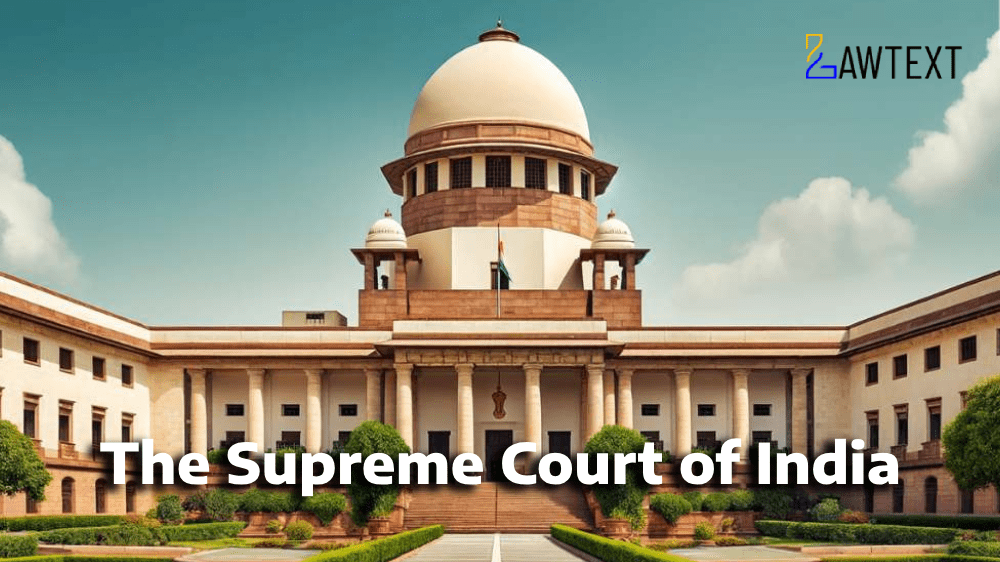CASE NOTE & SUMMARY
- Scope of Section 15 of the POCSO: The primary legal issue was whether mere possession of child pornographic material without intent to distribute or transmit falls under the purview of Section 15(1) of the Protection of Children from Sexual Offences (POCSO) Act, 2012.
- Application of Section 67B of the IT Act: The court also examined whether viewing or downloading child pornography constitutes an offense under the IT Act, particularly Section 67B.
- High Court's Quashing of Charges: The Madras High Court quashed the charges against the accused, holding that mere downloading without intent to distribute does not constitute an offense.
Factual Matrix (Para-wise)
A. Background of Case (Paras 1-7):
On 29.01.2020, a Cyber Tipline Report from NCRB indicated that the respondent, Harish, was involved in downloading child pornography. Following this, an FIR was lodged under Section 67B of the IT Act and Section 15 of POCSO. Forensic analysis of his phone revealed over 100 pornographic files, including two with child pornography.
B. Impugned High Court Order (Paras 8-12):
The Madras High Court quashed the criminal proceedings, concluding that:
- Possession of child pornography, without its publication or transmission, is not an offense under the IT Act or POCSO.
- Watching pornography does not equate to using children for pornographic purposes under Section 14(1) of POCSO.
Legal Analysis (Paras 38-60)
- Section 15(1) of POCSO: This section criminalizes the storage or possession of child pornography when done with intent to transmit or distribute. The High Court failed to consider this provision and ruled based on Section 14(1), which deals with using children for creating pornography.
- Section 67B of the IT Act: Merely watching or downloading child pornography without sharing it does not attract punishment under Section 67B. Transmission or publishing is necessary to constitute an offense.
- Presumption of Mental State (Section 30 of POCSO): The court highlighted that Section 30 raises a presumption of a culpable mental state, meaning that unless rebutted by the accused, the possession of such material implies intent to transmit or distribute.
Final Order (Para 198):
The Supreme Court set aside the Madras High Court order and remanded the case for reconsideration, emphasizing that the possession of child pornography may invoke penalties under Section 15(1) of POCSO, especially given the presumption of mental state under Section 30.
Ratio Decidendi:
- Mere Possession of Pornographic Material: Possession alone, without evidence of intent to distribute or transmit, does not attract punishment under POCSO. However, failing to delete such content may invoke penalties under Section 15(1) if intent is presumed.
- Intent and Mental State: The burden of proving absence of intent to distribute shifts to the accused under Section 30 of POCSO.
Acts and Sections Discussed:
- Protection of Children from Sexual Offences Act, 2012 (POCSO):
- Section 15(1): Punishment for storage of child pornography.
- Section 30: Presumption of culpable mental state.
- Information Technology Act, 2000:
- Section 67B: Punishment for possessing, publishing, or transmitting child pornography.
Subjects:
- Child pornography
- Section 15 POCSO
- Section 67B IT Act
- Mental state presumption
Citation: 2024 LawText (SC) (9) 232
Case Number: CRIMINAL APPEAL NOS. 2161-2162 OF 2024 (ARISING OUT OF SPECIAL LEAVE PETITION (CRL) NOS. 3665-3666 OF 2024)
Date of Decision: 2024-09-23
Case Title: JUST RIGHTS FOR CHILDREN ALLIANCE & ANR. VERSUS S. HARISH & ORS.
Before Judge: (Dr. Dhananjaya Y. Chandrachud CJI. , .B. Pardiwala J.)
Appellant: JUST RIGHTS FOR CHILDREN ALLIANCE & ANR.
Respondent: S. HARISH & ORS.

